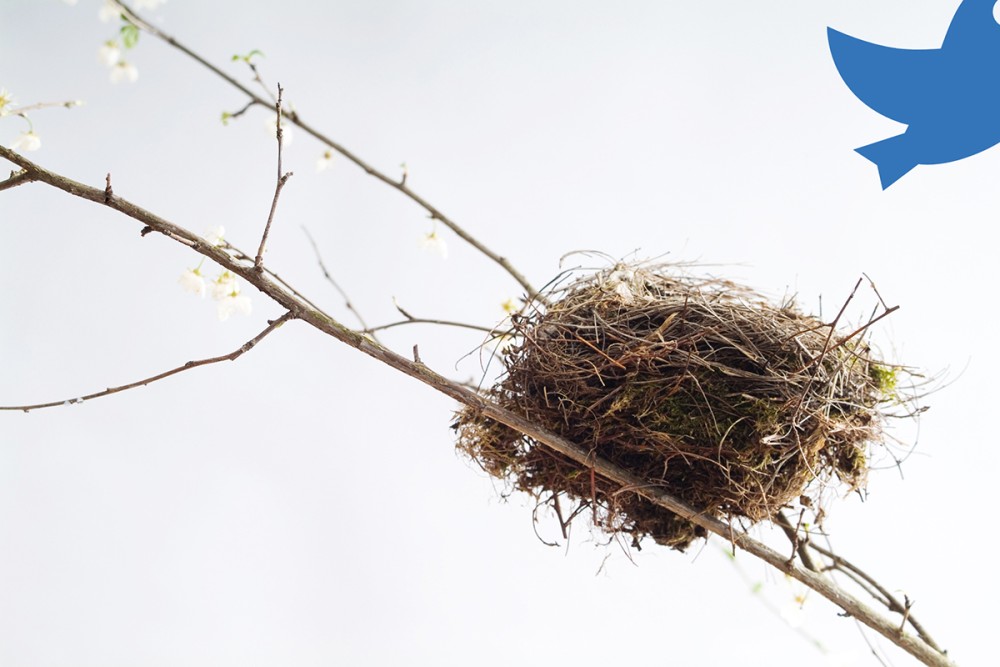What was good about Twitter
The eulogies began when Musk took over. What are we mourning?

In the days after billionaire Elon Musk finalized his deal to buy Twitter, many users expressed their sense that the end of the platform was nigh.
This included the virtue signaling that is standard whenever a social media company makes an unpopular change: people loudly declare their intention to leave on moral grounds but usually stick around. But for others, a Twitter led by Musk—a self-declared “free speech absolutist”—was genuinely untenable. They envisioned a site where hate speech of every flavor would be allowed to run amok, and they opted out. And indeed, the use of the N-word on Twitter increased 500 percent in the first 12 hours after Musk took over. Twitter, the first social media platform to ban Donald Trump for his role in the January 6 insurrection, became under Musk the first to welcome him back.
Other Twitter users stayed, and they watched as Musk made a series of bad decisions that seemed to jeopardize Twitter’s future—such as laying off half the staff, including key members of the security team. Among those still on Twitter, this was one of the first running jokes of the Musk era: Leave Twitter just because it’s losing its infrastructure and is terribly understaffed? Babe, I’m an ER doctor; or, Babe, I’m a public school teacher. Babe, I volunteer at a church.




